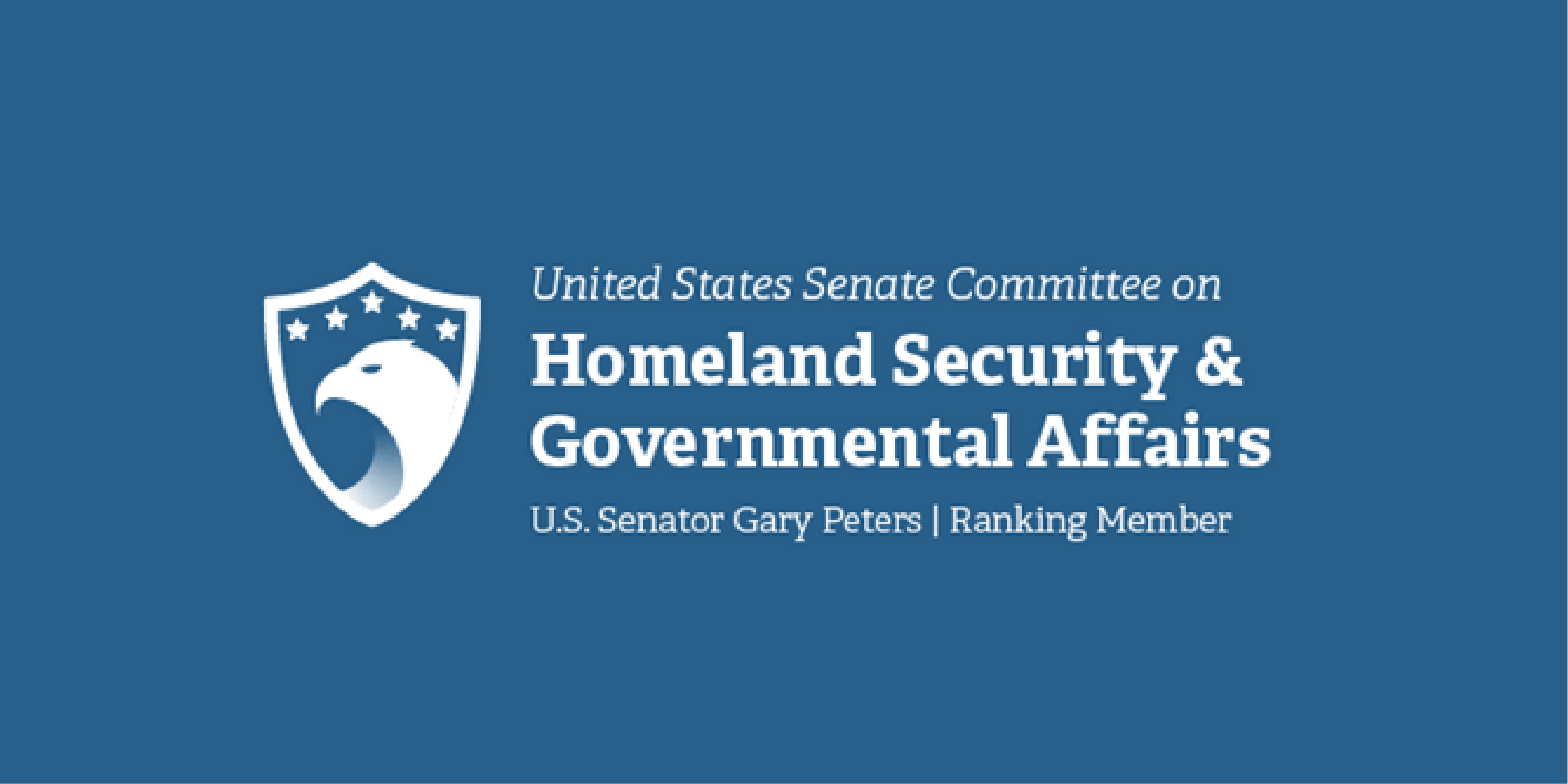
Bill will create tax credit to convert unused office buildings to residential, retail, and commercial properties
WASHINGTON D.C. - U.S. Senators Debbie Stabenow (MI), Gary Peters (MI), and Congressman Dan Kildee (MI-05) today introduced a new bill to invest in Michigan’s changing downtowns and business districts following the COVID-19 crisis. The Revitalizing Downtowns Act will create the Qualified Office Conversion Tax Credit to convert unused office buildings into residential, commercial, and retail properties.
“As our workplaces change because of the COVID-19 crisis, we will see more unused buildings in our downtowns. Converting these buildings to residential and mixed-use properties will benefit families and our cities,” said Senator Stabenow. “Our bill will help with this transition, support the economic growth of our cities, help small businesses and provide people affordable places to live.”
“There’s no doubt this pandemic has made significant and lasting impacts on the way we operate, including on our economy, cities, business districts, and workforce,” said Senator Peters. “I’m pleased to join Senator Stabenow in introducing this forward-thinking, commonsense legislation that would offer incentives for redevelopment in our downtowns, encourage the expansion of affordable housing options and help us build back better.”
“The coronavirus pandemic has changed the way we live and work. The Revitalizing Downtowns Act will help breathe life into our cities and towns by repurposing vacant and obsolete office buildings into mixed-use, residential or modern office space—creating opportunities for Michigan’s communities to grow their economy and create jobs. I am pleased that our bill focuses on affordable and quality housing, which is a top priority for Michigan families,” said Congressman Kildee.
“Cities across the country are going through a transition as more employees will continue to work remotely. Sen. Stabenow's Revitalizing Downtowns Act is a very creative solution to an emerging problem. This bill provides an excellent option for converting excess office space into badly needed housing for the community,” said Detroit Mayor Mike Duggan.
“The COVID-19 crisis has changed the nature of work, which could result in underutilized office buildings downtown. The ability to convert these buildings to residential or retail property will help our city adjust to the changing work dynamics,” said Grand Rapids Mayor Rosalynn Bliss. “This bill will give cities a valuable tool to help convert buildings to housing and invest in our economic revitalization.”
“The future of work will require new options, especially for our downtowns. Conversion from office space to housing and other uses is necessary for vitality and vibrancy of our central business districts, but these are very costly. Sen. Stabenow’s bill will provide the needed resources for those that want to convert unused office space to residential space, thus helping downtowns like Lansing to reuse existing infrastructure to boost local economic development in our communities,” said Lansing Mayor Andy Shor.
“Converting obsolete office buildings into residential or mixed-use developments represents a critical opportunity to bolster the economic promise of American cities while expanding affordable housing opportunities, supporting small businesses, and creating more resilient city centers,” said David Downey, President and CEO of the International Downtown Association and member of the Revitalize Our Cities Coalition. “While the economics of conversions is challenging and requires significant private investment, supportive tax policy can create incentives and make it financially feasible. We encourage Congress to pass this crucial legislation quickly.”
The COVID-19 crisis disrupted the traditional workplace with many offices transitioning to remote work. As the proportion of people working from home significantly changes, buildings become vacant or underutilized. This can have significant, long-term consequences for downtowns and business districts.
The Revitalizing Downtowns Act would create the Qualified Office Conversion Tax Credit. This would create a 20 percent tax credit for expenses to convert office buildings to residential, commercial, or mixed-use properties. Qualifying residential conversion would be required to incorporate affordable housing.
# # #













